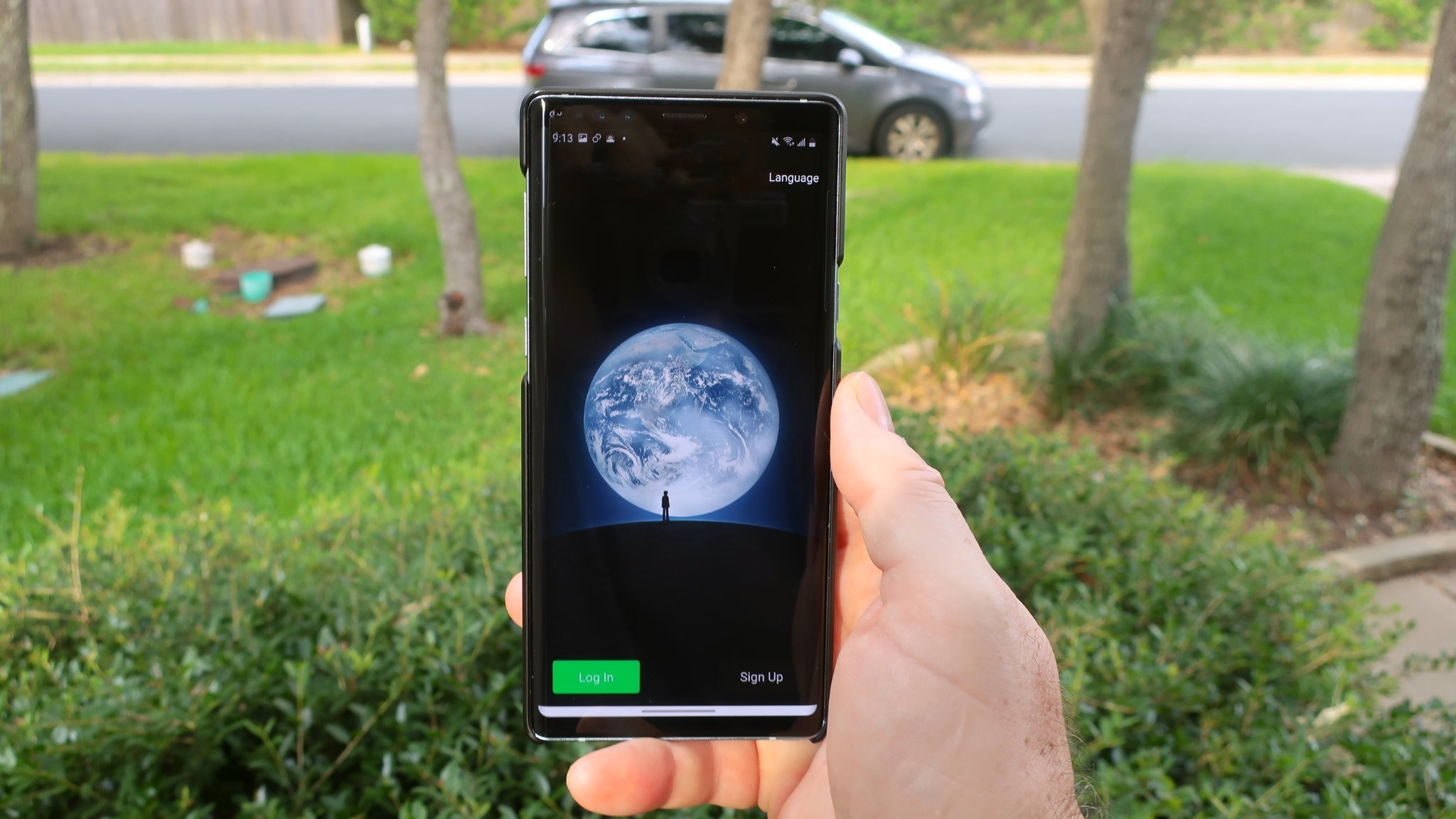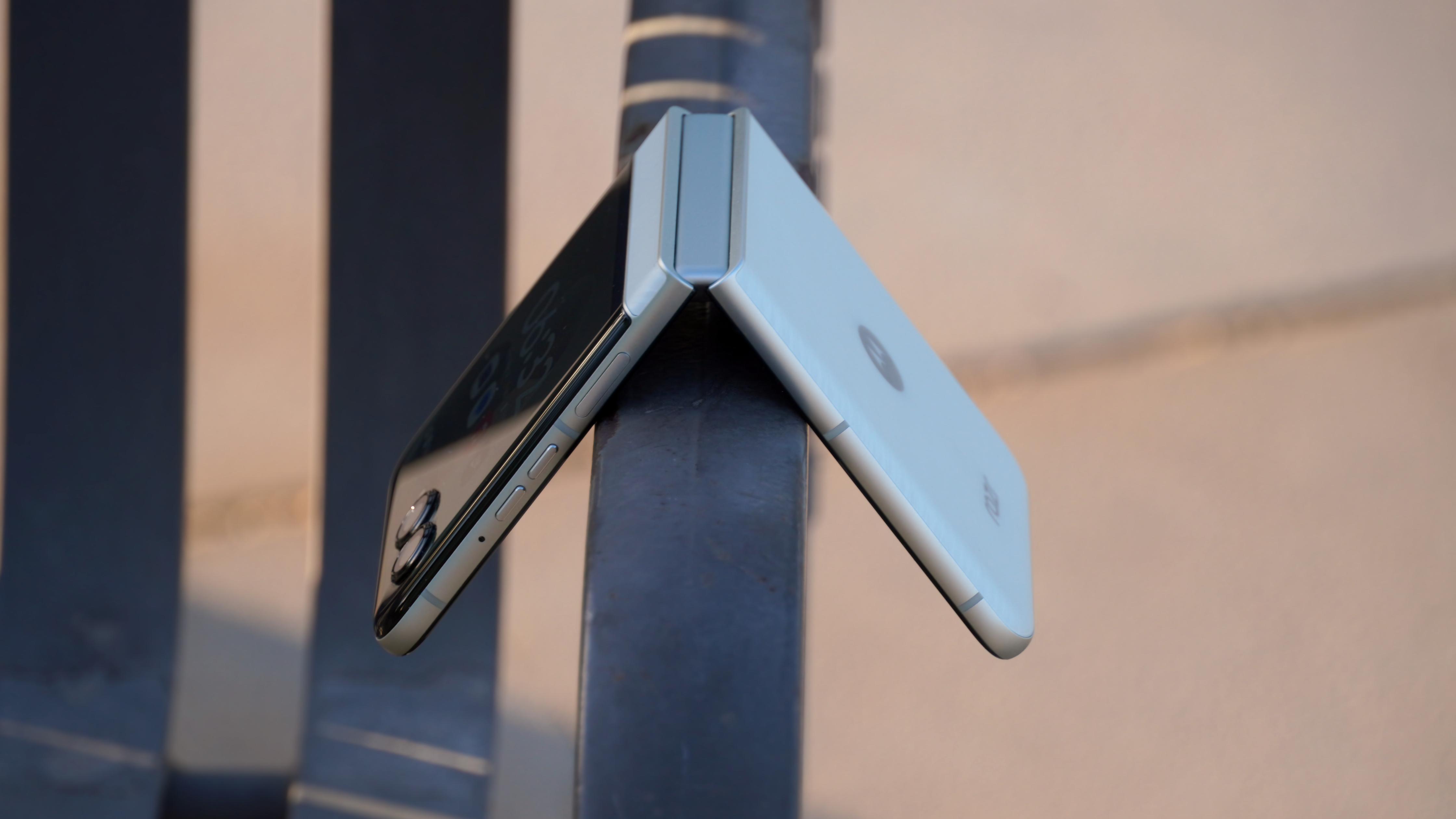Judge says Trump's WeChat order is too vague, willing to grant injunction

What you need to know
- President Trump has issued an executive order effectively banning WeChat in America.
- A group called the U.S. WeChat Users Alliance is trying to get a court to stop the move.
- A judge has ruled that the order is too vague and that she would be willing to grant a preliminary injunction to stop the ban.
A California judge has said she would be willing to grant a preliminary injunction against President Trump's WeChat ban on the grounds the executive order is too vague.
President Trump issued an order seeking to ban WeChat in the U.S. back in August. The order states:
"The spread in the United States of mobile applications developed and owned by companies in the People's Republic of China (China) continues to threaten the national security, foreign policy, and economy of the United States.""Like TikTok, WeChat automatically captures vast swaths of information from its users. This data collection threatens to allow the Chinese Communist Party access to Americans' personal and proprietary information"
What is WeChat and why is Trump banning it?
Now, a group called the U.S. WeChat Users Alliance has taken the order to court, where a California judge has agreed that the order is too vague and that she would be willing to grant a preliminary injunction to stop the ban.
U.S. Magistrate Judge Laurel Beeler said at a hearing Thursday she's willing to grant a preliminary injunction at the request of the U.S. WeChat Users Alliance because Trump's order is too vague. The judge didn't issue a final decision on the request.
The Alliance argues that the ban the President is proposing would "sunder the primary and often exclusive channel many U.S. residents use to communicate with family and friends in both China and the U.S." As the report notes, it is also used to run businesses and charities, for practicing religion and as a source of news. Judge Beeler said she was "sympathetic to the anxiety it creates for the people affected" as "the only mode of communication for these people."
Government attorney Michael Drezner argued that the court should not enjoin the president's order because the Commerce Department is yet to clarify what transactions are prohibited.
Get the latest news from Android Central, your trusted companion in the world of Android

